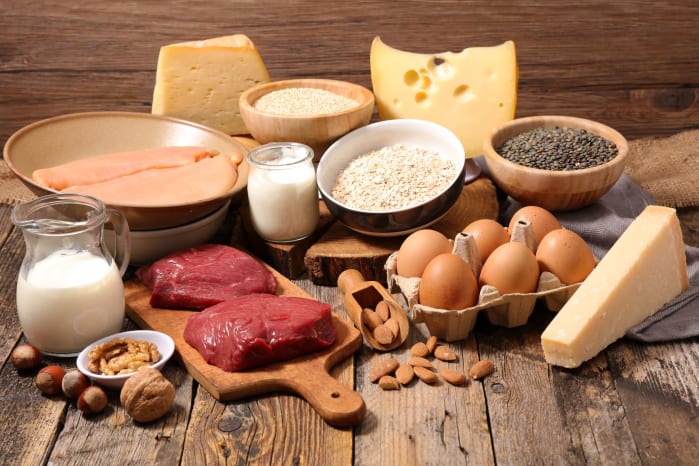Feature
A less than ideal diet and poor sleep can have a hugely negative impact on the brain. Here are five things you can do to support your mood and manage stress.
1. Base your meals around protein


Protein is broken down slowly by your body and provides a more sustainable form of energy. At each meal, include good quality sources of protein such as a good handful of meat, fish, eggs, cottage cheese, plain natural yoghurt, beans, pulses or tofu.
2. Reduce your sugar intake

Sugar can increase stress and anxiety by causing a sudden spike in your blood sugar levels. If you include more protein in your diet, this will make it much easier to reduce your sugar intake because you’ll experience fewer cravings. After a few days with higher protein, you can then work on reducing your sugar intake from biscuits, cakes, sweets and chocolate.
3. Take time out to breathe

When we’re stressed, we can feel like we’re constantly busy but never actually getting anything done. All of us can take just a few minutes in the morning and evening to do some deep breaths. Take three long deep breaths before you do anything in the morning, and three deep breaths before you go to bed.
4. Start a bedtime routine


Not just for children, a bedtime routine is helpful for adults too. Make sure all lights are low an hour before bed, wind down in a bath with Epsom salts, listen to some of your favourite music, do some gentle stretching and try a meditation before bed – whatever you need to get your body ready for sleep.
5. Make your to-do list achievable

You may have a lot to do, but if you’re stressing about things that really don’t need to be done, you’ll always feel like you’re chasing your tail and never have time to switch off. Separate your to-do list into smaller lists of ‘urgent and important’, which must be done today, and ‘important but not urgent’ which are things that can wait.
For further support for stress or fatigue, visit out Optimum Nutrition Clinic and book a 10-minute free consultation with one of our registered nutritional therapists.






